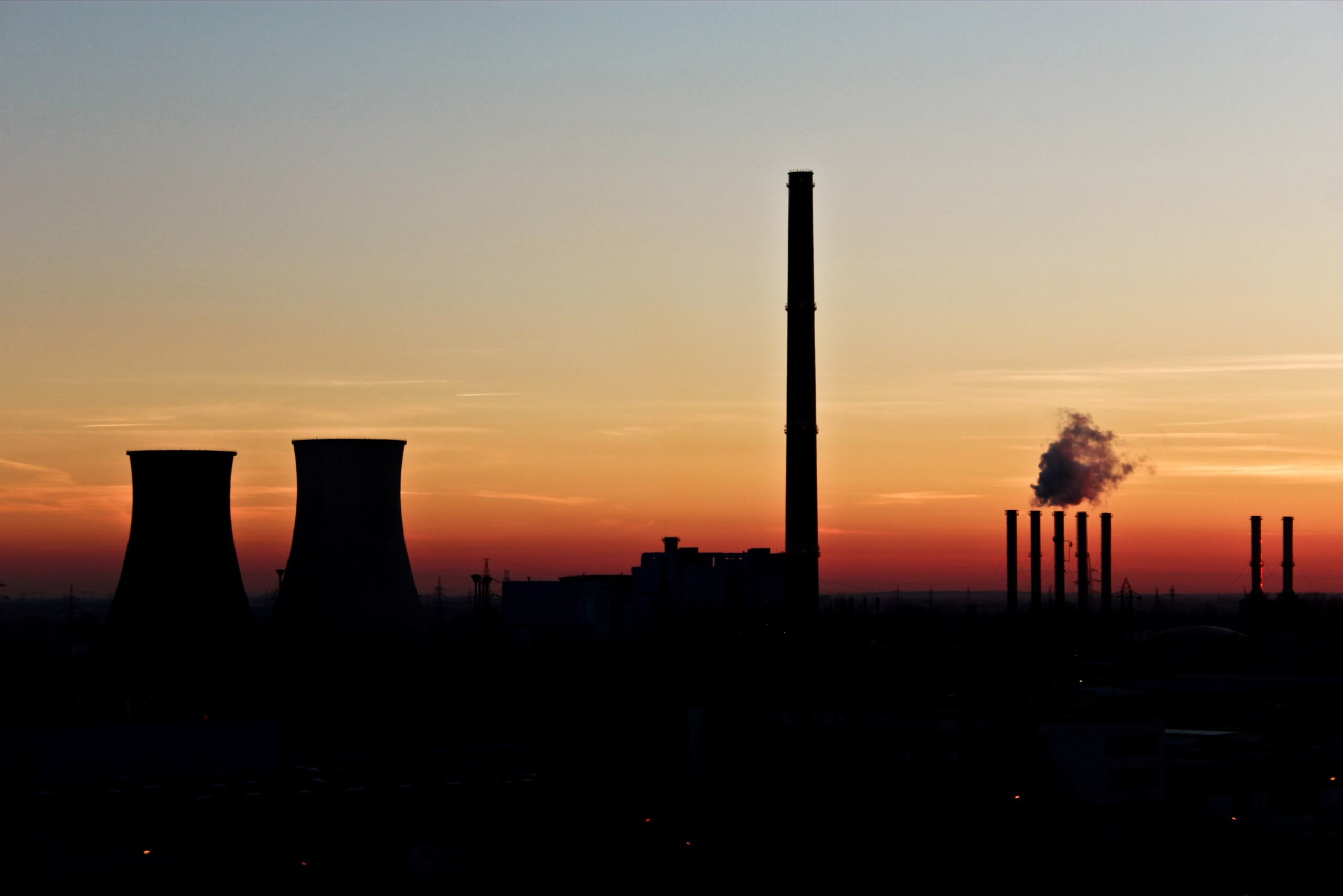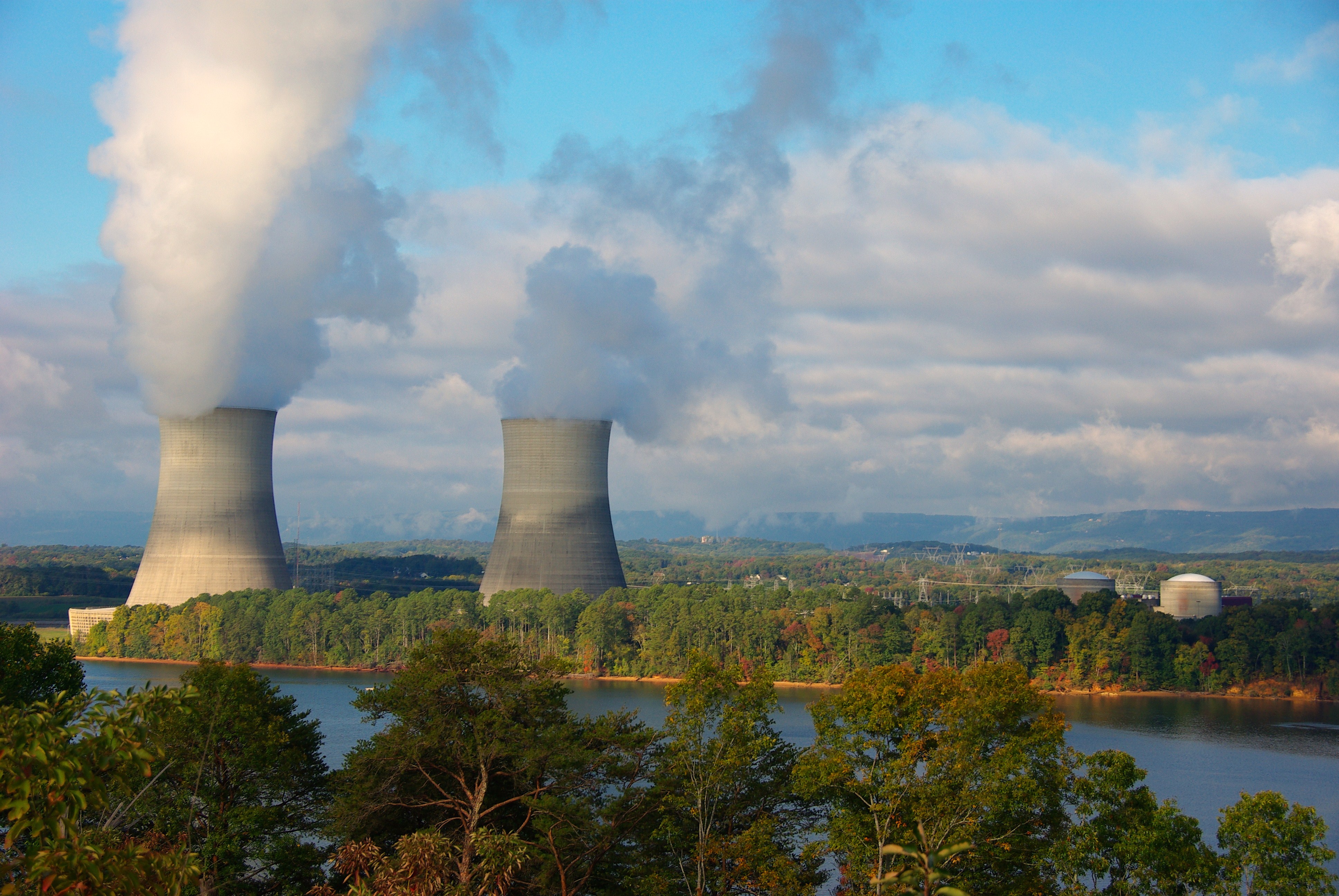587 item(s) were returned.
Much effort is being devoted to decarbonizing the energy sector quickly, efficiently, and economically—while still being able to provide affordable and reliable energy. In OurEnergyPolicy’s September 30, 2020, webinar, Paula Gold-Williams (President and CEO of CPS Energy) and Gil Quiniones (President and CEO of the New York Power Authority [NYPA]), gave their perspectives, as heads of two of the largest utilities in the country, on driving decarbonization while not undermining reliability. Both CPS Energy and NYPA are striving to meet the goal of becoming carbon neutral by 2050, an objective that is in line with various existing and potential climate… [more]
View InsightOn Sept 2, 2020, OurEnergyPolicy hosted a webinar with Michael Shellenberger, founder and President of Environmental Progress, about his book Apocalypse Never and his views on how the energy sector can best meet modern challenges. Shellenberger, a long-time environmental activist, said he wrote his book because he was concerned that the conversation about climate change and the environment has become exaggerated and inaccurate. In his view, climate change is a real problem that should, and is being addressed. However, exaggerating its severity leads to negative outcomes, such as people opposing the best and most obvious solutions and imposing restrictions on… [more]
View InsightClean Capitalist Leadership Council
Co-Founder
For decades, clean energy advocates have argued for policies that specifically boost clean energy and arguably benefit the economy. But things have changed. Basic free-market policies that benefit the entire economy will now especially benefit clean energy and efficiency. Since clean technologies are cost-competitive, a level-playing-field accelerant will grow the market share of clean energy more than it would for fossil fuels and will grow it more quickly than conventional subsidies. For instance, Wayne Winegarden and I have proposed CoVictory Bonds & Loans (CVBLs—private, tax-exempt debt) as a COVID recession recovery policy that would boost and be very useful for… [more]
View InsightCEO
New Buildings Institute
Residential and commercial buildings are responsible for almost 40% of total carbon emissions in the United States. Policymakers with a focus on climate action are taking notice; they are advancing both policies that reduce emissions from the built environment and that favor electric technologies. Momentum to “electrify everything” has taken hold as states and cities like California and Seattle introduce policies to enable beneficial electrification by fuel switching (see chart below). Electrification can help reduce emissions from buildings as we “green” the grid. American member states and jurisdictions of the International Code Council have signaled support for this movement nationally… [more]
View InsightEnergy independence has been a goal of the United States since the oil crisis of the 1970s. And while 2019 saw record domestic oil production, the United States was still a net importer of oil with net imports totaling $192 billion. In an OurEnergyPolicy webinar on June 24, 2020, Yossie Hollander—Co-Founder and Chairman of The Fuel Freedom Foundation—discussed energy independence and current efforts to achieve it. He explained how in today’s interconnected world, reducing U.S. dependence on global oil prices requires more than just increasing domestic oil production. To make energy (oil) independence a reality, we need a broader approach… [more]
View InsightThe transportation sector is responsible for almost a third of the United States’ greenhouse gas emissions, more than any other sector. Between 1990 and 2017, emissions from transportation increased more than any other sector in absolute terms, underscoring the importance of addressing sector emissions to help meet climate change goals. There are more reasons to reassess how we power transportation beyond just reducing emissions. As explained in our recent webinar series, some experts say that diversifying our choice of fuels could help support the American economy and potentially free us from dependence on foreign oil. The global market for alternative fuels is currently growing at a compound annual rate of 13.1% and is expected to… [more]
View InsightFormer NATO Supreme Allied Commander &
Founder, Renew America Together
The security, economy, and general welfare of the United States are critically dependent on electricity. Transportation, pipelines, communications, and other essential services would all fail without a continuously operating electricity grid. It’s fair to say that the grid is the most essential of all our critical infrastructure, which is why it is of the utmost importance that it be adequately protected. While the grid is vulnerable to numerous and ever-changing threats — including physical sabotage, cyber sabotage, and destruction by electromagnetic pulse (EMP) — important steps have been taken to improve grid security in recent years. Key information about the… [more]
View InsightUnited States Senator, State of Alaska
Chairman, Senate Energy and Natural Resources Committee
Preface from OurEnergyPolicy In the time since our November 2019 critical minerals discussion, COVID-19 has decimated global supply chains. Factory shutdowns in China, which accounts for 40–50% of the global wind power supply chain, have caused supply shortages of wind turbine components and massive financial losses, threatening current U.S. projects. China’s outsized market share is also affecting the solar market, although some analysts say a U.S. tariff on imported solar panels may have blunted the impact. “If coronavirus has shown us anything, it’s that we are far too reliant on China and other countries for key minerals like… [more]
View InsightExecutive Director
Plug In America
Transportation accounts for more greenhouse gas emissions in the United States than any other sector and, within that, light-duty vehicles account for 59% of all transportation emissions. In order to reduce the effects of climate change, we must encourage more Americans to switch to plug-in vehicles. On average, the climate pollution created from driving an electric vehicle (EV) is equivalent to driving a gasoline vehicle that gets 88 miles per gallon. That figure continues to improve as our electric utilities increasingly switch to renewable energy. Electric vehicles also offer other benefits, including utilizing domestic energy, lower fuel and maintenance costs,… [more]
View InsightTravel and business slowdowns across the world, in response to the novel coronavirus (COVID-19) pandemic, have caused a sharp decrease in global oil demand and the lowest oil prices in 17 years. On March 5, members of the Organization of the Petroleum Exporting Countries attempted to reach a deal that would extend the current 1.5 million barrels per day (MB/D) production cut in an effort to shore up prices. The talks failed, however, when Russian and Saudi energy ministers were unable to reach an agreement. Russian officials subsequently announced significant increases in their production levels, with Saudi ministers following suit… [more]
View Insight








